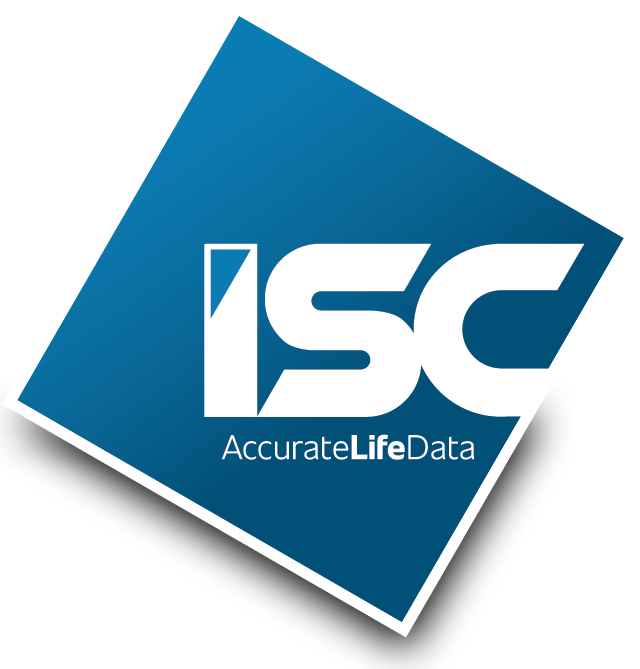The challenge with self-reported healthcare data is that it can be extremely subjective and highly inaccurate – no matter how objective the user might be.
Advantages of Self-Reported Data
One of the primary reasons self-reported data is used is because it is easy and cheap to obtain. For anyone using free life expectancy calculators, they are freely giving their data to the vendor that supports the calculator, so it is an inexpensive way for businesses to gather data and generate leads. The question is how useful is such data, and to what degree does it create unrealistic expectations?
Why is Self-Reported Data Inaccurate for Calculating Life Expectancy?
Most consumers don’t understand medical terminology well enough to interpret what they’ve been told about their own medical conditions. They generally don’t know the difference between a diagnosis, a meaningful impairment or merely a benign condition that has no impact on their mortality. Based on the way in which the questions in online questionnaires are posed, the outcomes can vary greatly from calculator to calculator – even when the inputs are provided by the same user. A skilled interviewer could take someone through a questionnaire and improve the specificity of the information gathered, but that is not how most free online tools work. Employing trained interviewers adds significant cost to the process, and may even influence the outcomes without intending to do so. Some online tools may be able to filter out the clearly ineligible insureds, but quantifying mortality risk is an increasingly more difficult exercise.
Answers Differ Based on Question Phrasing
The way in which questions are posed matters. For example, “When did you stop beating your dog?” is not at all the same question as “How do you discipline your pet?” Most online questionnaires ask simple questions to the user such as ””Is your health good, moderately good, poor, or extremely poor?” Using such broad categorization is simply not useful for assessing life expectancy, and these terms are subject to the user’s interpretation of what “good” or “poor” means in a context that most consumers don’t really understand.
In addition, most people’s perception of their own health is not objective. Person A may say they are in great health, while Person B says they are in poor health. However, Person A and Person B might actually be similarly healthy from an underwriting perspective; their perceptions of their individual circumstances can be relative. Person A could be basing their current sense of well-being to describe how they feel in the moment, while Person B might be basing their response on their most recent visit to a doctor.
Input Issues with User Data
There are input issues associated with the fact that if a consumer is using a free calculator or generic online questionnaire, the input tends to be skewed. Tools designed to induce someone to submit a policy for life settlement do not produce reliable underwriting results.In general, they tend to filter out insureds that are too healthy or policies that are unattractive, but they do so using grossly oversimplified approaches to the life expectancy variable that is critical to making this determination. These tools may also encourage ineligible insureds to identify themselves as being eligible, go through a large part of the process, only to learn they either don’t qualify or the value of their policy, which is based on their life expectancy as assessed by an underwriting firm, isn’t what they thought it would be.
Assessments Made by a Third Party
Investors, policy brokers, asset managers and other life-risk businesses that use life expectancy assessments, need complete, accurate, objective data. Self-reported, simplified input is simply not reliable or thorough enough to get the job done. Questionnaires and surveys answered by the consumer themselves cannot be used without taking into consideration the bias, perceptions and subjectivity that comes with self-reported data.
Instead, businesses needing life expectancy data should use a third party resource that specializes in individualized, evidence-based life expectancy assessments. ISC Services offers life underwriting and accurate, research-driven assessments to help businesses make better decisions and advise consumers.




